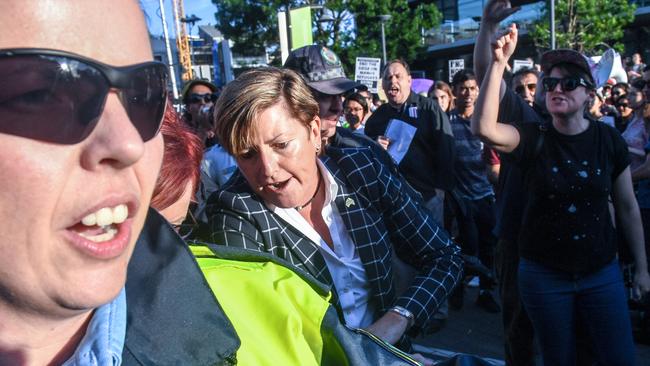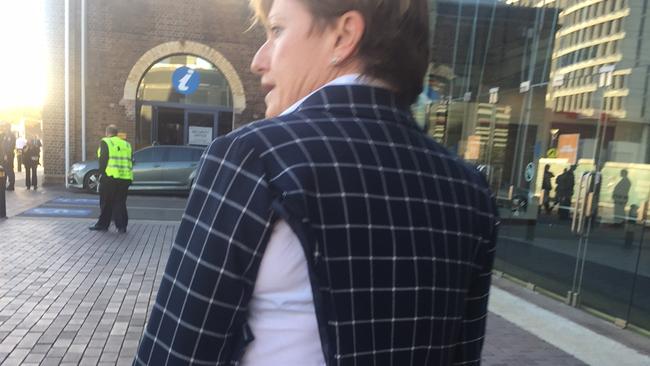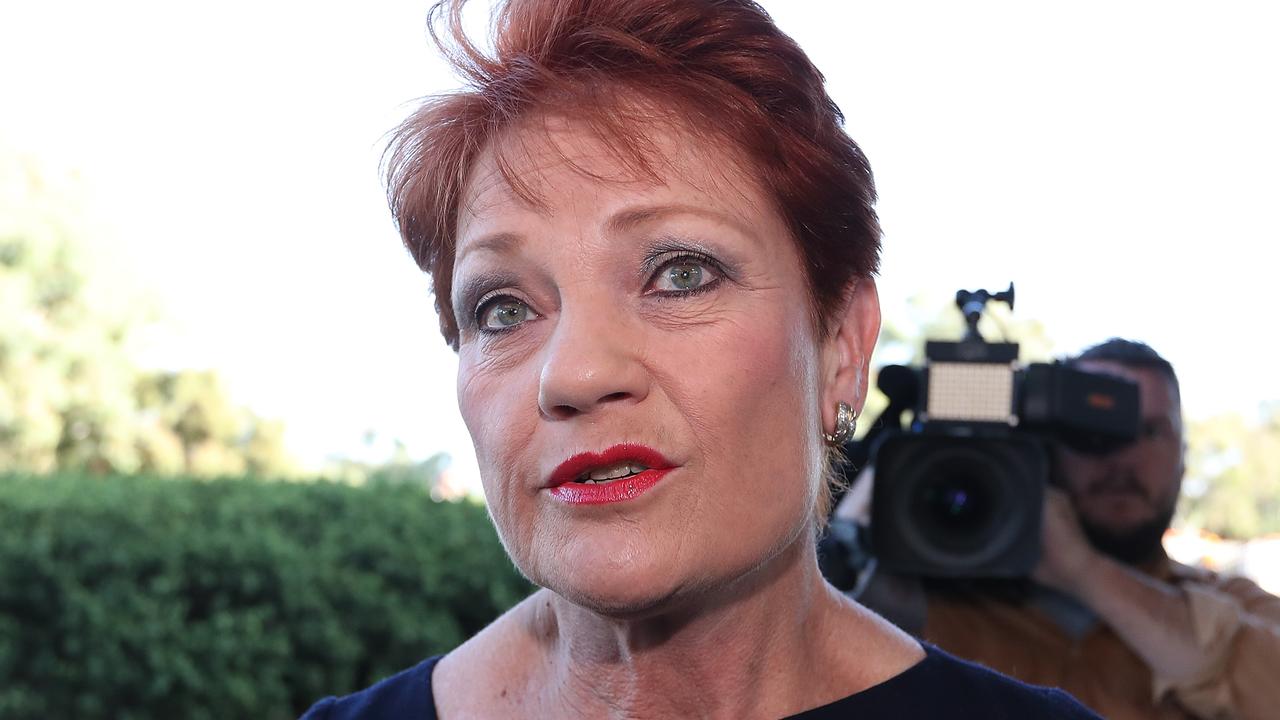‘Sex and drugs’ at Manus Island village
Manus Island inmates had regularly travelled into town to allegedly have sex with underage girls and buy or sell drugs.

Australian government officials were informed last month that asylum-seekers and refugees at the Manus Island processing centre had regularly travelled into town to allegedly have sex with underage girls and buy or sell drugs.
Several children were born from the alleged sexual relations.
Papua New Guinea police and community leaders told the Australian government in mid-October of 161 incidents of various offences involving residents at the centre recorded over four years from October 2013.
The alleged offences referred to the Royal Papua New Guinea Constabulary have included assault, sexual assault, aggressive behaviour, unlawful entry, property damage and contraband.
The Weekend Australian understands that some refugees, who receive $100 a fortnight, were allegedly using small items such as cigarettes and chocolates bought at the centre to lure underage girls into engaging in sexual acts.
Meanwhile, a protest against offshore detention turned violent in Sydney last night when Tony Abbott’s sister, Christine Forster, had her jacket ripped as she struggled through demonstrators outside a fundraiser for her brother. Ms Forster was forced back from entering the building in Redfern until police formed a ring around her and pushed their way through.
Immigration Minister Peter Dutton yesterday told Melbourne radio 3AW that about 190 men from the Manus centre — some of whom were “involved” in drugs — would travel into the nearby village of Lorengau by bus each day. Mr Dutton also confirmed some of these men had threatened to rape the wives and children of locals.
“They’ll go down, purchase goods from the markets, they stay at the beach, go to the beach, they sell things down there,” he said. “Obviously, if they’re minded to buy drugs or sell drugs, then that’s an activity that some are involved in as well.’’
PNG officials were yesterday attempting to move hundreds of asylum-seekers to alternative accommodation at East Lorengau after they chose to stay behind following the centre’s closure at the end of last month.

A joint operation to reclaim the processing centre was implemented yesterday by the PNG Immigration and Citizenship Services Authority with support from the PNG defence force.
Manus Provincial Police Commander, Chief Inspector David Yapu, said the operation would be “conducted smoothly and orderly without use of force”, with another 60 residents having voluntarily boarded buses and open-back trucks.
While the centre closed at the end of last month, hundreds of residents stayed behind despite water and electricity being turned off 10 days ago.
Refugee advocates and activist groups have seized on the development to call on the government to resettle them in Australia and warned of a “humanitarian emergency”.
GetUp! yesterday distributed film of refugees sleeping in shipping containers, using makeshift wells to stay hydrated and collecting firewood.
Its human rights co-directors, Shen Narayanasamy and Matthew Phillips, spent eight hours in the camp taking footage, claiming conditions were worse than any conflict or post-conflict zone they had seen.
Speaking in Vietnam yesterday, Malcolm Turnbull accused advocates, including Greens senator Nick McKim, of encouraging refugees to stay behind at the centre in violation of PNG law.
“They are encouraging them to breach the law in PNG,” Mr Turnbull said. “And they are acting in a way that is contrary to the interests of those refugees and other residents.’’
As of 7am yesterday, there were only 140 refugees in the East Lorengau Refugee Transit Centre, while 17 non-refugees had been separated and housed in another centre called Hillside House, with more than 100 arrivals expected.
Mr Dutton said the “very strong preference” of the Australian government was to have people “move of their own accord”.
But he warned there was a group of core agitators who were likely to “try and provide some sort of scene where there is a confrontation with police”.
“They’ll do that because they want that footage broadcast back here,’’ Mr Dutton said. “Ultimately, as we know, they want to come to Australia and we’ve been very clear that we’re not going to allow people to settle in Australia.’’
Mr Dutton said that images of the living conditions at the processing centre showed the accommodation had been “trashed” and that the conditions in the photographs “don’t resemble at all the conditions in which people have been living over a long period of time”.



